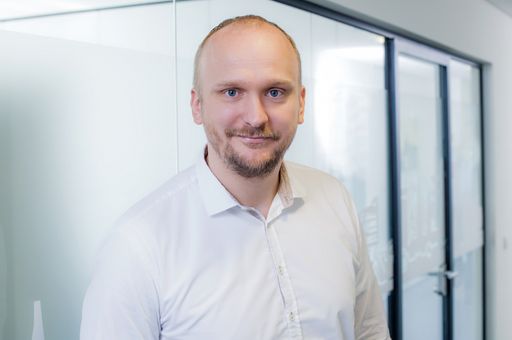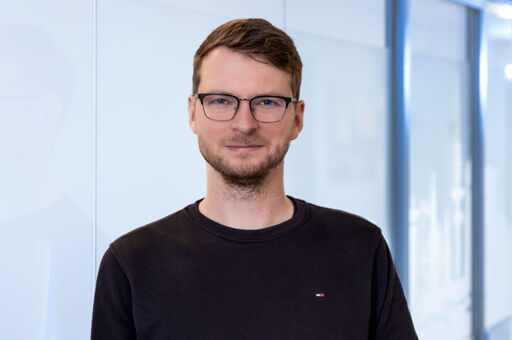As reported by efahrer.com, data from a British risk assessment analysis firm shows that 75% of global battery producers have links to companies that are accused of human rights violations such as forced labour or child labour. Companies from China, which produces over 75% of the world's lithium-ion batteries, are particularly affected.
A key problem is the opaque and complex supply chain, which often involves thousands of suppliers, especially in the early stages such as the extraction of raw materials. In countries such as the Democratic Republic of the Congo and the Chinese region of Xinjiang Uyghur (XUAR), human rights violations, including child labour, are said to be commonplace.
This poses considerable legal risks for battery producers. Laws such as the US Uyghur Forced Labour Prevention Act (UFLPA) or the EU Batteries Regulation (EU-BattVO) aim to ban the import of products manufactured using forced labour. Battery producers who do not organise and control their supply chains transparently therefore risk legal consequences and import bans, which could also affect their customers, such as car manufacturers.
Do you have various questions about the requirements of the EU Batteries Regulation and don't know where to start? Here you will find solutions for the EU Batteries Regulation.
trade-e-bility will be happy to answer your questions about the EU Batteries Regulation on +49/40/750687-300 or sales@trade-e-bility.de.

